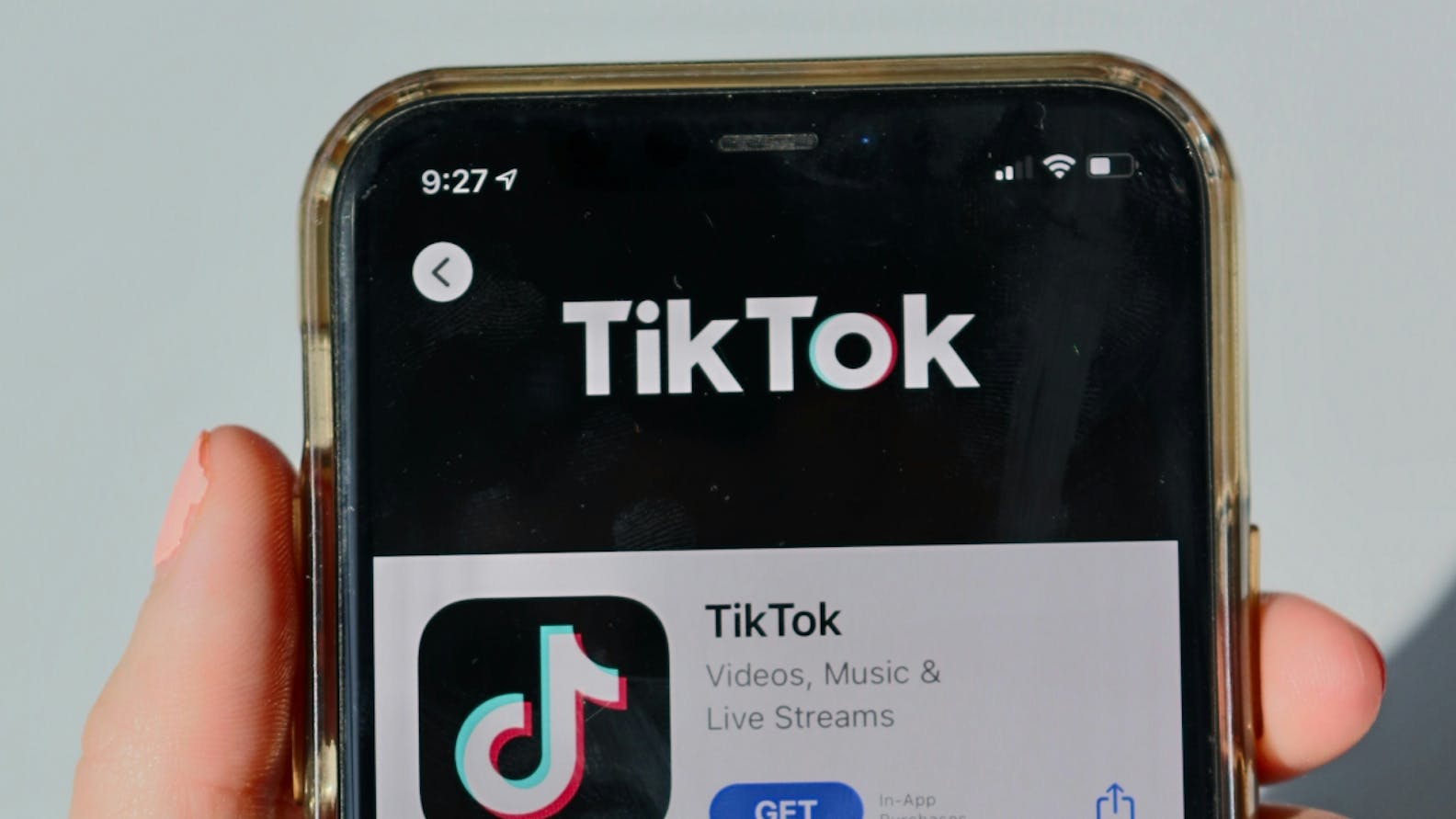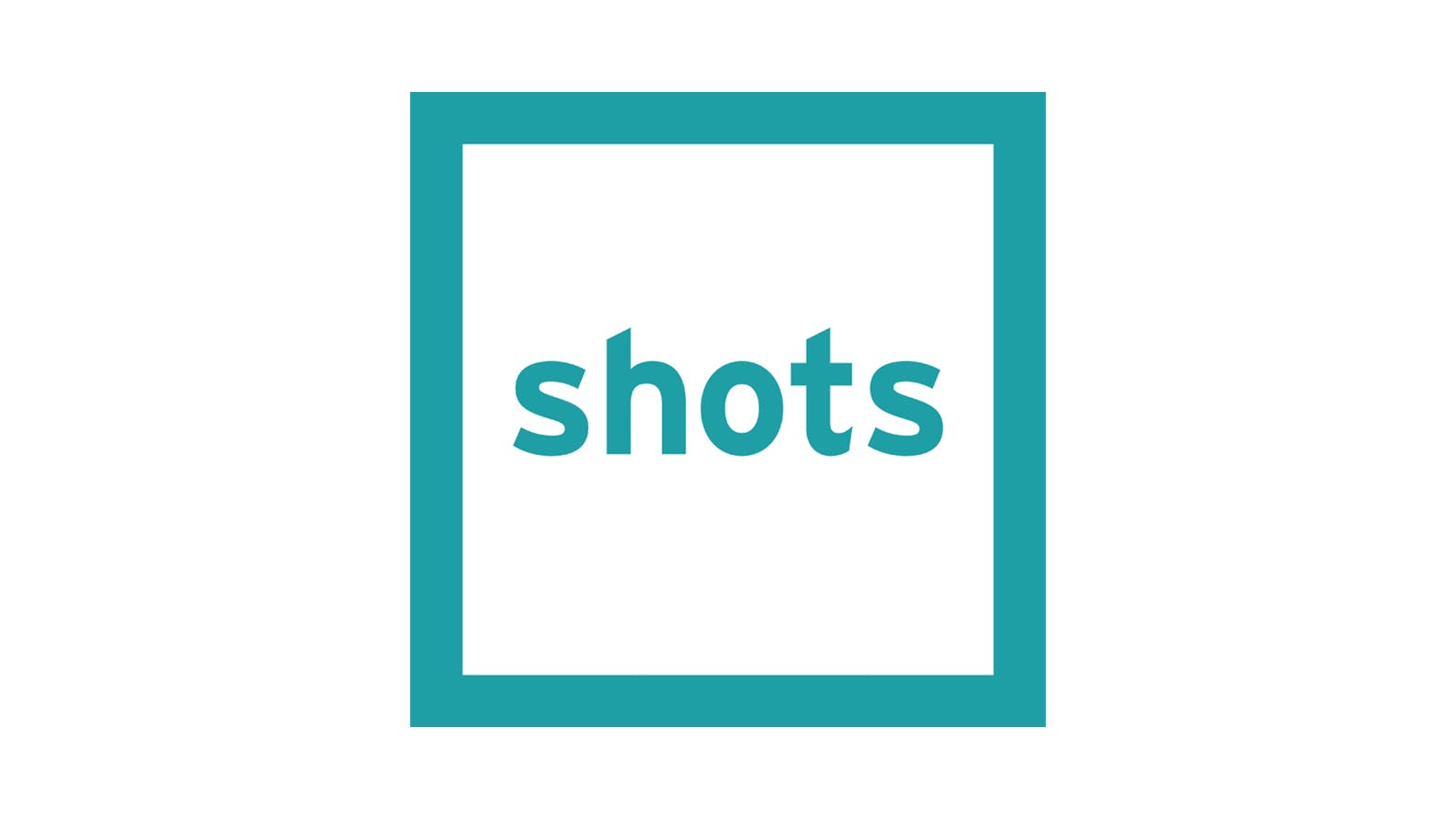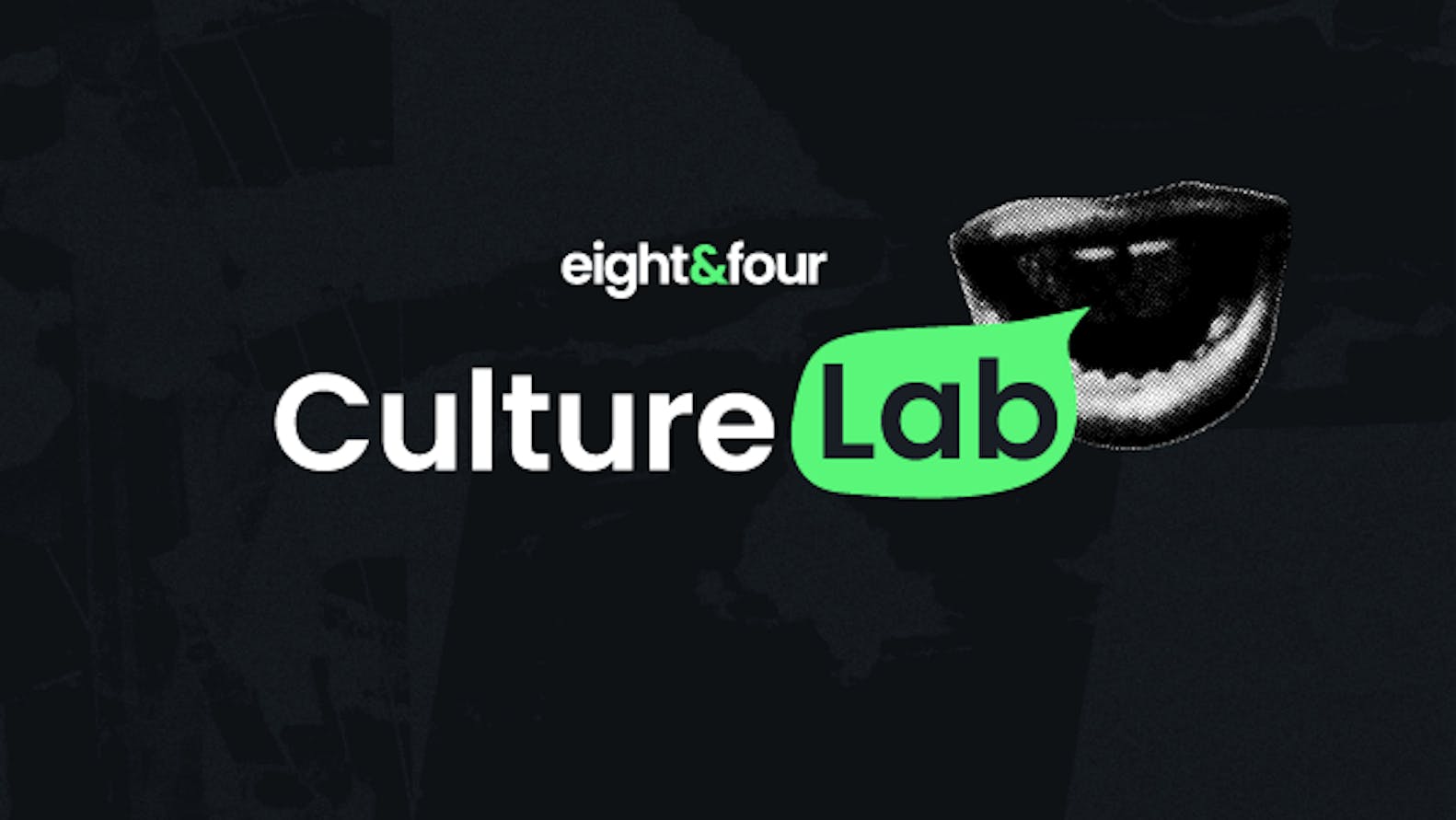First came the Platty Jubes. Then, the Statey Funes. Now, unsurprisingly, we’re welcoming in the 2024 Genny Lex (the general election, for those who aren’t chronically online). Within hours of the election being announced political parties started popping up on new channels like TikTok, despite their focus previously being on more traditional mediums. Increasingly, it seems, political parties want to achieve virality on social just as much as they want a majority, creating an interesting debate around the future — and ethics — of digital campaigning.
The United Kingdom has a long history of snap elections, dating back to 1923 when Stanley Baldwin called an election only one year after the Conservative Party won a working majority. So what’s different about this election? Well, back in 1923, Baldwin and his party had to rely on print, broadcast and posters. Fast forward to 2024, and we’re seeing an explosion of digital campaigning. It’s been reported that in the last week of May, Labour spent more than £684K on Meta advertising alone. While TikTok efforts have been organic (the platform doesn’t allow for paid political advertising), usage of the platform has sparked quite the debate.
The rise of TikTok as a political tool is fascinating
Still in its infancy during the 2019 election, TikTok’s short-form video formats, paired with a highly tailored algorithm, provide a unique opportunity for mainstream parties to reach a much younger demographic of voters who might not be as engaged through traditional media. The platform has rapidly become a battlefield, where creativity meets strategy, and where authenticity is truly trumping polished content. Sorry, Rishi! Parties are now getting in front of the camera, creating content that ranges from policy explanations to sheer slander and mocking of opposition parties.
Labour is one example that has fully embraced. the 'unhinged' approach to. TikTok— using every trend and audio under the sun to undermine their opponents, giving their content a Ryanair-esque feel. But just how appropriate is their strategy?
While they are undoubtedly leaning into it, it’s hard to find a single post about policy. It might give them the reach, but they’re not balancing it with anything of substance. The implications of political campaigns on TikTok are slightly unnerving.
While we do need to find a way for politics to become more accessible to younger demographics, we’re seeing very complex conversations being reduced to emojis, trends and short clips without context. Does Labour’s approach just make a bit of a mockery of politics, at a time when we really need people to be educating themselves?
This trend towards digital campaigning raises several important questions regarding the future of digital comms in politics
Just how effective is TikTok in influencing voter behaviour? First, we should consider the recent study that showed TikTok’s poor performance in a new test which looked at social media platforms’ ability to detect election disinformation. If this is true and remains unaddressed, there’s sure to be a growing concern as to just how influential TikTok can be.
The question is, can virality truly be translated into votes? Young voters have previously been accused of apathy when it comes to the ballot box, but there are signs of a newfound activism among Gen Z around political, social and environmental issues, which could translate into a higher than usual number of first and second time voters turning out, fired up by content they’ve seen on their social channels.
Next, we must ask what the ethical considerations are of younger audiences being served political content on an app where they come to be entertained. Breaking through on TikTok is particularly important for winning over the Gen Z electorate — but do Gen Z really want their favourite platform infiltrated by the likes of Keir Starmer and Rishi Sunak? It’ll only be a matter of time before the majority of ‘appearances’ from party leaders will be nothing more than parodies and p**s takes, but until then users will just have to get used to seeing these two every time they open the app. Let’s face it — they’ll be across every other media, too, so let’s just be thankful that the election is only a few short weeks away.
The next four weeks will be a defining moment for digital political campaigning. The ‘TikTok Election’ is here, and its impact on the future of political discourse will be profound. As political parties tap into the power of social media to engage and persuade key audience groups, we are witnessing the dawn of a new era in politics.
Stay tuned — this is just the beginning.


